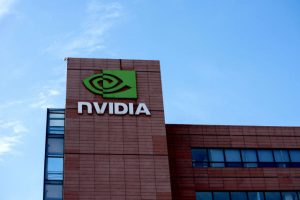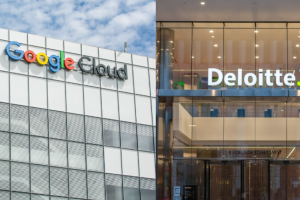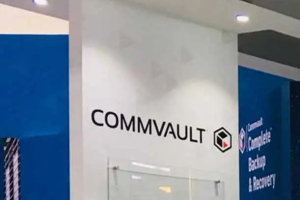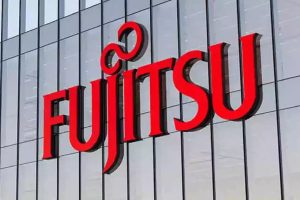Morris Chang, the founder of Taiwan Semiconductor Manufacturing Company (TSMC), has painted a sobering picture of the global tech industry, emphasizing the shift away from globalization and towards a heightened focus on national security within the semiconductor sector.
Speaking at TSMC’s annual sports day event in the Taiwanese city of Hsinchu, the 92-year-old Chang articulated that the era of globalization in the semiconductor industry has come to an end. Free trade is no longer the guiding principle; instead, national security has become the paramount concern.
Chang pointed out that the global tech industry is now embroiled in intense competition on a national level, underlining the significance of national security in shaping policy decisions and industry dynamics.
The discussion also delved into the competitive landscape, highlighting U.S.-based Intel as a key player. Chang suggested that Intel is well-positioned to capitalize on Washington’s strategic focus on strengthening the domestic tech industry as a countermeasure against China’s tech advancements.
Interestingly, TSMC is concurrently navigating its relationship with American authorities. The company is actively pursuing permanent approval from U.S. authorities to continue its chipmaking equipment exports to its factory in Nanjing, China. This move comes amid a backdrop of geopolitical tensions and stringent export restrictions.
These developments follow closely on the heels of Huawei’s unexpected release of a 5G-capable smartphone. In response to Huawei’s move, the U.S. Commerce Department swiftly introduced a new round of export restrictions aimed at limiting China’s access to advanced artificial intelligence chips and cutting-edge semiconductor production equipment.
Chang’s insights underscore the ongoing evolution of the semiconductor industry, marked by profound geopolitical considerations and an increasing emphasis on national security. The industry’s transformation has far-reaching implications, impacting global trade, competition, and technological progress.
As the global tech industry grapples with these shifts, businesses, policymakers, and stakeholders are closely monitoring the changing landscape and its implications for international relations and the technology sector.






















